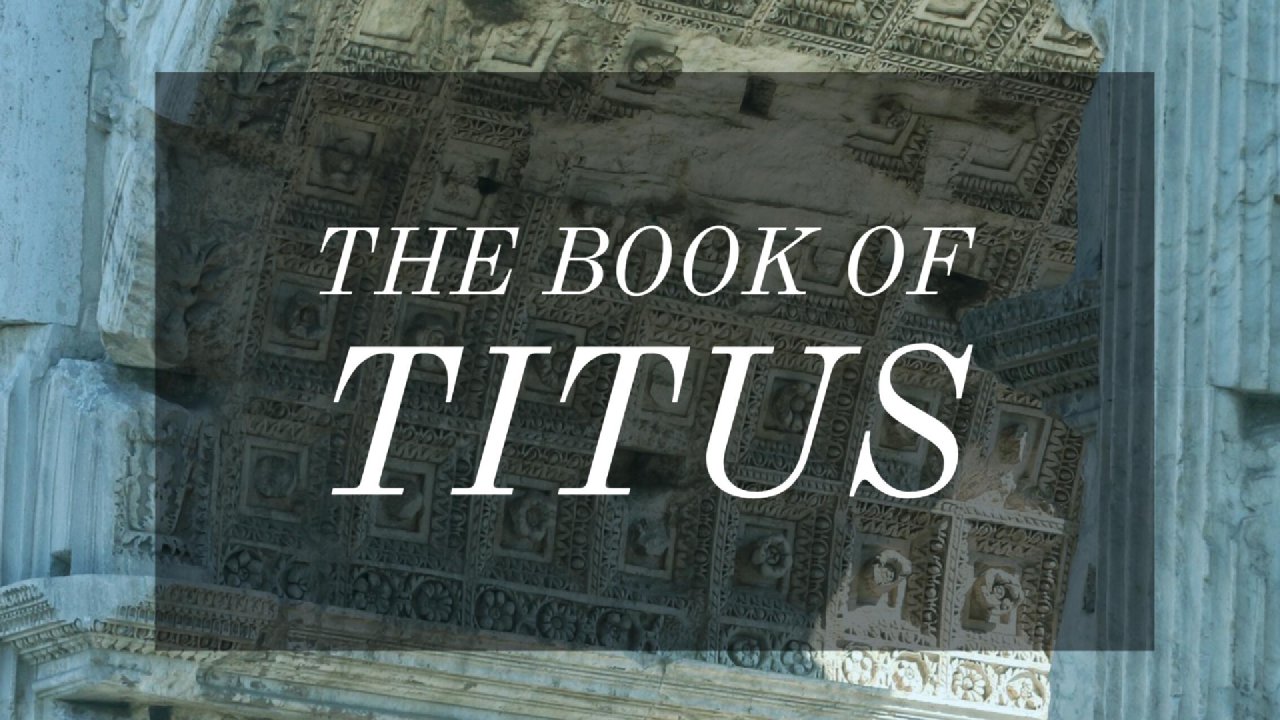Paul commissions Titus to show how the good news of Jesus and the power of the Spirit can transform Cretan culture from within. Paul wrote the book of Titus for his companion. Titus was to visit Crete, infamous for its sin, and restore order to house churches there. Part of his job was to replace corrupt teachers in the churches with godly leaders.
Paul also reminded Cretan believers that while they lived in a sinful culture, they could be transformed into a new humanity by the same grace that Jesus demonstrated when He died to redeem them.
As new humanity, they could say no to a lifestyle that was inconsistent with God's generous love. They could also show God's salvation message and transform their communities by participating in Cretan culture, rejecting anything corrupt, embracing good, living and devoting themselves to Jesus and promoting the common good.

Titus
More from
Epistles Part 2







